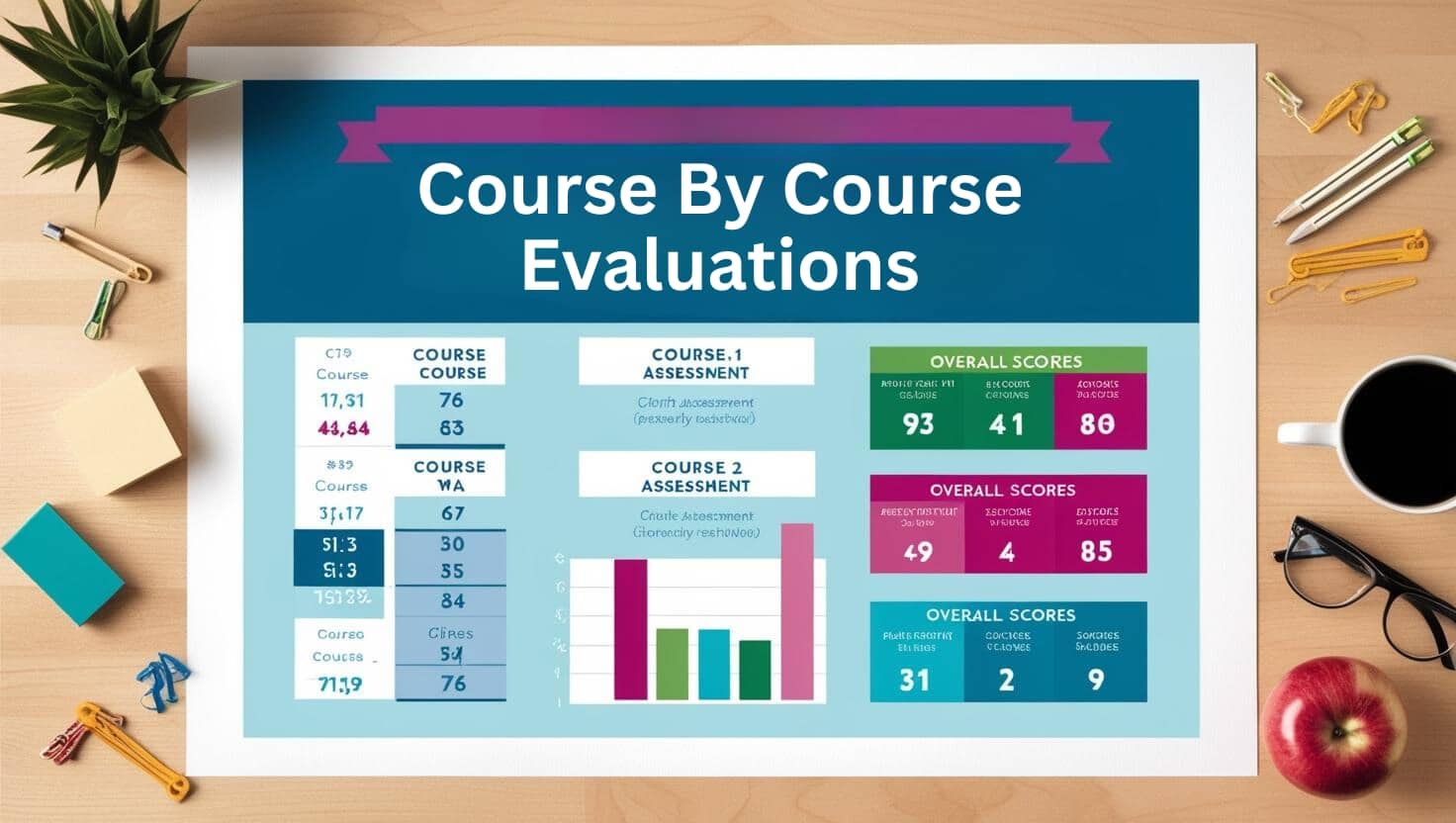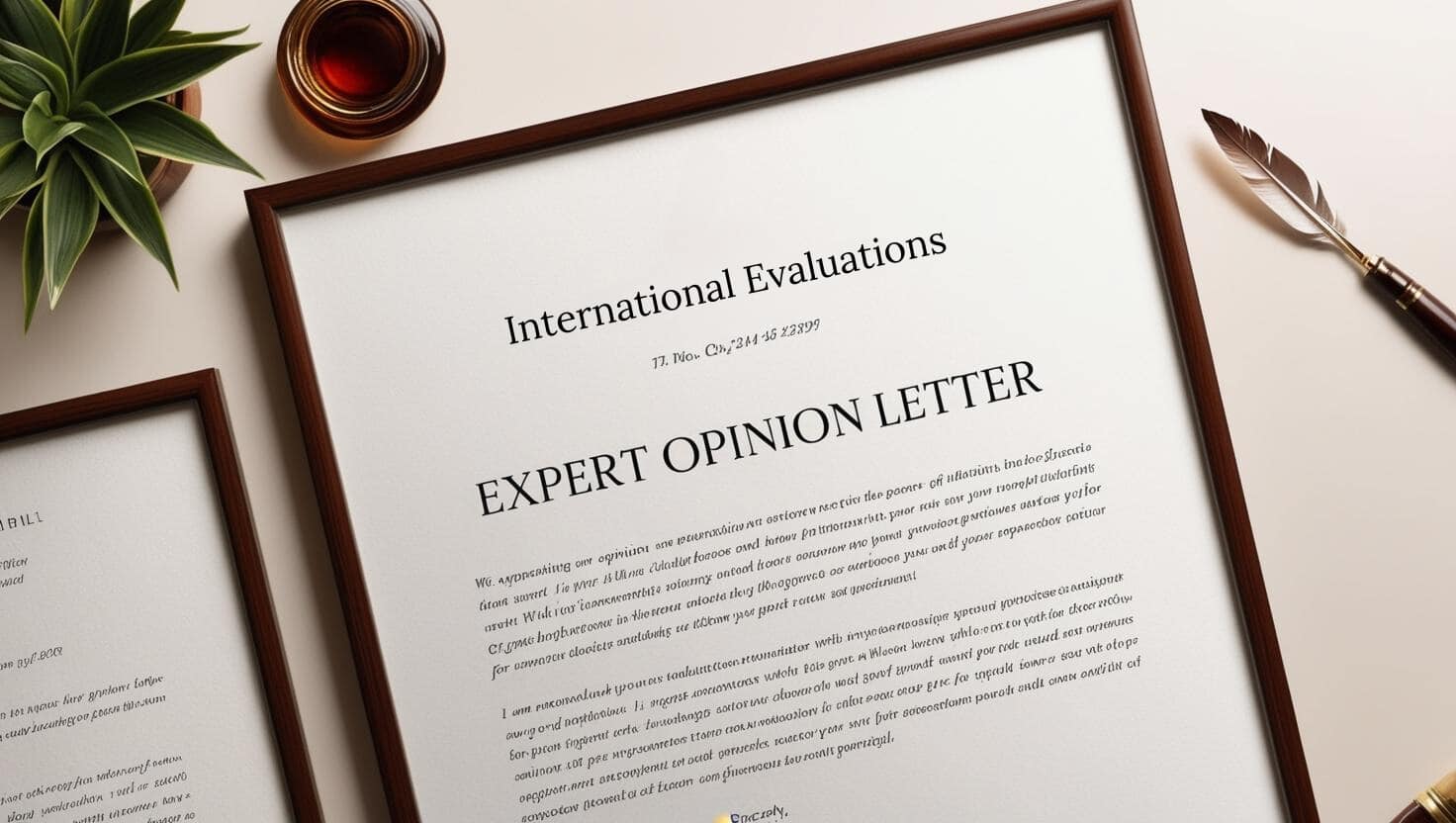Introduction
In a progressively globalized world, the significance of assessing work experience for global markets can not be downplayed. As services broaden their horizons throughout borders, comprehending how to successfully evaluate work experience ends up being vital. The need for precise academic credential evaluation and international credential evaluation services develops, with a concentrate on aligning professional certifications with regional requirements.
This post delves into the essential factors to consider and strategies associated with assessing work experience for worldwide markets. By taking a look at various facets including course-by-course credential evaluation, work experience evaluation, and the role of skilled opinion letters, we aim to offer comprehensive insights that accommodate specialists, employers, and evaluators alike.
Evaluating Work Experience for International Markets: Key Factors To Consider and Strategies
When evaluating work experience globally, several key factors to consider enter play. Each country has its own set of requirements and practices regarding education and work. Therefore, understanding these nuances is important in making sure a trustworthy assessment of qualifications.

Understanding Global Standards in Work Experience Evaluation
Countries differ significantly in terms of expert accreditation and recognition of certifications. For example, what is deemed appropriate work experience in one country may not hold the very same weight in another. Hence:
- Researching Country-Specific Requirements: Familiarizing oneself with the specific requirements set by regulatory bodies in target countries is crucial. Utilizing Credential Examination Services: Organizations concentrating on international credential evaluation can provide important insight into how foreign qualifications are seen domestically.
The Function of Academic Credential Evaluation
Academic credentials work as a foundation upon which work experience is typically examined. Proper assessment makes sure that a prospect's academic background aligns with market expectations.
Types of Academic Credential Evaluations:- Course-by-Course Credential Evaluation: This technique offers comprehensive insights into private courses taken by prospects, translating them into equivalent credits within the host nation's education system. General Evaluations: These offer an introduction of a candidate's qualifications but might lack the granularity required for particular expert sectors.
Importance of Course-by-Course Credential Evaluation
A course-by-course approach allows working with managers to evaluate prospects more adequately based on their scholastic achievements.

- Detailed Insight: This approach breaks down each course completed by a specific, assisting assess whether they fulfill particular academic requirements expressed by regulatory bodies or employers. Facilitating Job Matching: By matching specific courses with job requirements, organizations can guarantee that prospects have exactly the ability required for functions within their industry.
Work Experience Assessment: An Extensive Approach
Evaluating work experience transcends merely looking at task titles; it needs an analytical view that considers various aspects such as duration, relevance, and depth of duties undertaken.
Factors Affecting Work Experience Evaluation
Relevance to Position Sought: How carefully does previous work associate to the prospective role? Duration and Quality of Experience: Lengthy period might suggest stability but does it also show development and development? Nature of Responsibilities Undertaken: What were the specifics? Did the prospect lead projects or contribute substantially to team goals?Expert Viewpoint Letters as a Resource
A professional opinion letter serves as an important tool throughout the assessment procedure:
- Defining Expertise: A professional's insights can clarify complicated functions and obligations carried out in previous positions. Supporting Documentation: Such letters can strengthen applications when showing one's viability based on non-traditional experiences.
Developing Effective Company Plan Evaluations
For professionals intending to establish themselves internationally through entrepreneurship or consultancy roles, service strategy examinations become paramount.
Understanding Market Needs: Conducting comprehensive research study into local market needs assists people in customizing their business propositions effectively. Evaluating Competitor Landscape: Comprehending existing competitors will assist form service methods accordingly. Financial Practicality Assessments: Financial projections should be reasonable based on readily available data from comparable existing organizations within a region.Bridging Cultural Distinctions in Work Experience
Navigating cultural nuances is critical when evaluating international qualifications:
- Keeping an open mind towards different working styles fosters better combination into varied environments. Awareness of cultural standards can improve interaction amongst diverse teams.
Utilizing Technology for Effective Evaluation
The digital period has actually changed how examinations are carried out:
- Online platforms help with easier submission of documents required for credential evaluations. Remote assessments indicate that geographical barriers are less hindering than before.
Challenges Dealt with Throughout International Work Experience Evaluations
Evaluators typically experience numerous challenges while assessing worldwide credentials:

Strategies for Conquering Challenges
To reduce these challenges:
- Engage with local professionals familiar with local practices. Use standardized frameworks where relevant to streamline assessments.
FAQs
What is scholastic credential evaluation?- It refers to examining educational qualifications from one nation against those recognized in another nation to figure out equivalency.
- These services analyze foreign instructional documentation to ascertain its validity and equivalence within regional contexts.
- This involves analyzing each private course taken by a prospect instead of offering a general overview, focusing on credit equivalencies.
- It assists companies evaluate if prospects have appropriate skills essential for success in particular roles within their organization.
- It's a document supplied by acknowledged experts that validates a person's past experiences or academic background concerning market standards.
- Ensure all transcripts are official copies, include comprehensive descriptions of roles held throughout employment, and gather any extra supporting files like reference letters or awards gotten throughout your career journey.
Conclusion
Evaluating work experience for worldwide markets presents both opportunities and difficulties alike; however, equipped with proper techniques and knowledge about key considerations such as scholastic credential examinations and skilled opinion letters-- experts can browse these waters effectively! https://reidkkhf802.almoheet-travel.com/raise-your-career-with-comprehensive-international-credential-evaluation-solutions The globalization pattern continues unabated; thus investing time into understanding various approaches toward examining certifications across borders will pay dividends-- both personally and expertly-- allowing individuals to flourish worldwide while contributing value-added perspectives stemmed from diverse backgrounds!